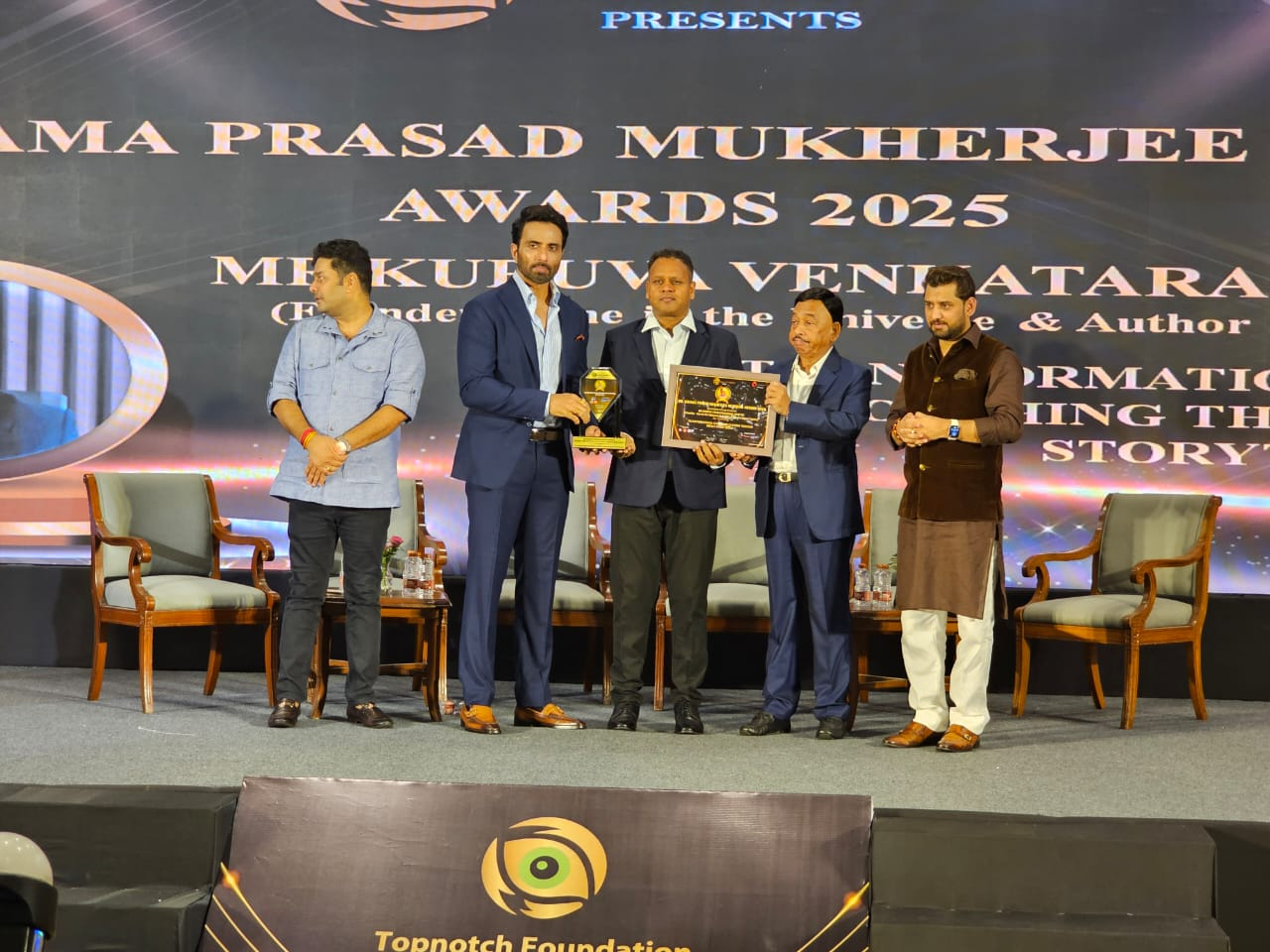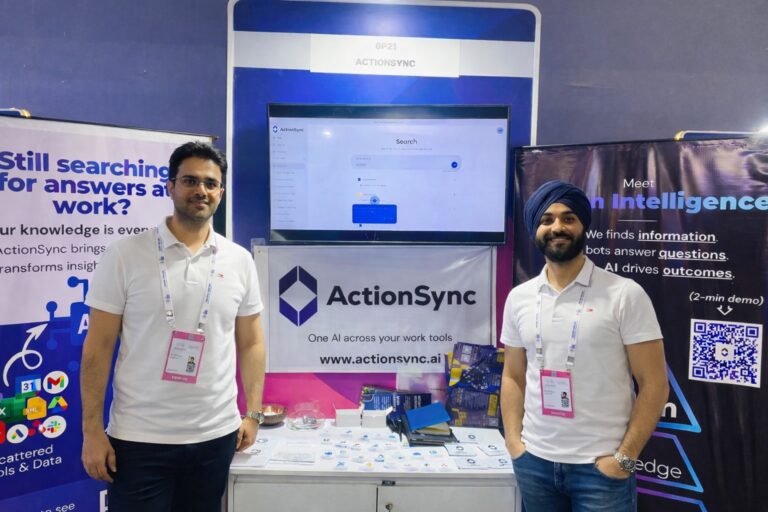
Kuruva Venkataramana Murthy
On a stage filled with public achievers, social campaigners, and high-profile honorees, Kuruva Venkataramana Murthy stood as something of an anomaly. He wasn’t there to impress. He wasn’t there to inspire. He was, by his own admission, simply present.
And that may be the point.
When Murthy accepted his recognition at the Dr. Shyama Prasad Mukherjee Memorial Awards 2025 an event known for spotlighting national contributions across public life it wasn’t with a rehearsed speech or performance-ready posture. It was with something rarely seen on big stages anymore: stillness.
As India’s idea of leadership becomes increasingly saturated with high-octane TED-style charisma, metrics, and measurable impact, Murthy’s model of engagement appears oddly out of sync. Or perhaps, quietly ahead of its time.
Beyond the Metrics: A Different Leadership Vocabulary
In most organizational settings, leadership is defined by quantifiables: How many people reached? What’s the return on investment? How scalable is the intervention?
By contrast, Kuruva Venkataramana Murthy’s approach resists measurement. His work doesn’t operate in numerical terms. It functions more like a tuning fork slight shifts in frequency that affect how others show up, even when no one’s watching.
Those who have interacted with him often in unpublicized circles or closed-door settings don’t describe him as a mentor or even a guide. They call him a mirror. Someone who reflects back the questions that individuals have stopped asking themselves.
Not in dramatic life overhauls or Instagram-friendly testimonials. But in the slow, cumulative act of noticing.
Awards and Acknowledgment: An Uneasy Fit
It’s worth asking: What does it mean when someone like Murthy receives a national award? What happens when a person whose entire ethos is built around listening and presence is placed under lights and expected to speak?
The answer might lie in how he handled it. He didn’t amplify the moment. He didn’t promote the win. He returned to his base his people, his circle, his reflective practice.
While other recipients made the rounds on social media, Murthy returned to silence. It wasn’t indifference. It was alignment.
The certificate presented to him by Sonu Sood and Narayan Rane may well sit in his personal archive, but its significance lies less in symbolism and more in what it signals about the state of Indian leadership that we’re beginning to honour depth over dazzle.
A Cultural Recalibration?
There’s a quiet shift underway in India. In coaching circles, policy dialogues, and educational retreats, more individuals are turning toward slowness. The idea that leadership is about being constantly responsive is being replaced with the idea that discernment knowing when not to react is just as valuable.
Murthy’s work, including his lesser-known writings and small-group engagements under the One in the Universe banner, taps into this recalibration. Not through grand vision statements, but through lived practice. Those who participate describe the experience not as transformation but as return. Return to questions long abandoned: Why am I doing this? Whose voice am I following? What if I stop for a moment?
And in a country still emerging from hyper-productivity mindsets and pandemic burnout, these questions are not philosophical luxuries. They’re survival tools.
No Hashtags, No Hooks
In an era where leadership is often marketed as a brand, Kuruva Venkataramana Murthy remains unmarketable by design. There’s no five-step model, no video series, no buzzwords. He doesn’t post post-event selfies or reel-ready soundbites. His platform, One in the Universe, carries the name without fanfare more an invitation than an institution.
This lack of posturing is not because he isn’t media savvy. It’s because the work doesn’t need it. And that’s where the discomfort lies for many who observe from the outside. When a person refuses to self-promote in a world built on algorithms, they are often mistaken for being invisible. But invisibility is not absence. Sometimes, it’s depth that refuses to flatten itself for attention.
The Future of Unbranded Leadership
So what does someone like Murthy represent to India’s evolving leadership culture? A footnote? A novelty?
Or maybe something more enduring: a pivot point.
His presence at the Shyama Prasad Mukherjee Awards 2025 may not become a viral clip. But it marks something important. It signals that even in a spectacle-driven society, there is room if only a little for those who lead not with their voice, but with their listening.
And as more individuals confront burnout, ethical fatigue, and the unravelling of inherited success scripts, voices like Murthy’s grounded, quiet, and internally consistent will no longer be exceptions.





